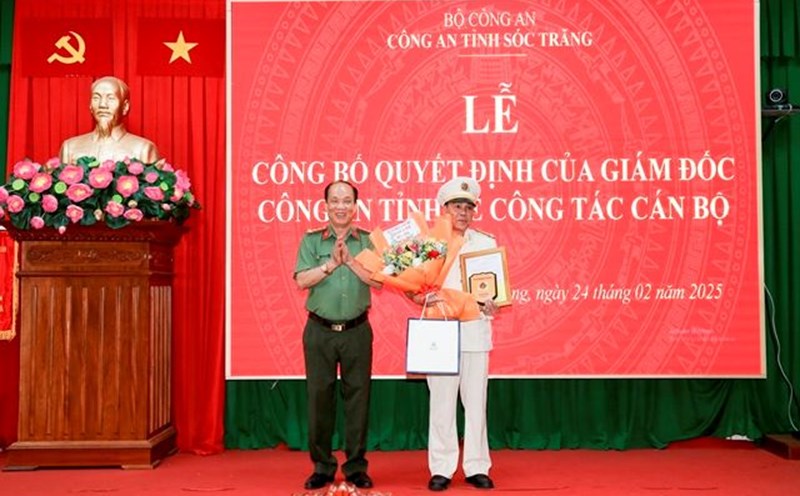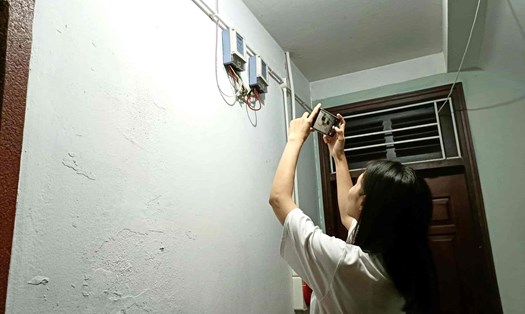According to the decision replacing Decision 24 on the mechanism for adjusting average retail electricity prices issued by Prime Minister Pham Minh Chinh in March, the time for adjusting electricity prices has been shortened from 6 to 3 months.
However, in the draft Decree currently being consulted, the Ministry of Industry and Trade proposes to shorten the time for adjusting the average retail electricity price to 2 months from the last change. That is, there may be 6 price changes each year, instead of 4 as at present.
In addition, the average electricity price is updated quarterly according to the cost of electricity generation. When this cost decreases by 1% or more compared to the current level, the price will decrease accordingly.
Retail prices to consumers and businesses will increase when production costs fluctuate by 2% or more. This level is also lower than the current 3% regulation.
According to the Ministry of Industry and Trade, the amendment of the principles on the level and time of adjusting the average electricity price to comply with the Electricity Law (amended) was recently passed by the National Assembly at the end of November. Accordingly, the Law stipulates that the retail electricity price is reflected and adjusted promptly according to actual fluctuations in inputs. This helps offset costs with reasonable profits for businesses to preserve and develop their business capital.
The operator also said that this regulation is consistent with the direction of the Government Standing Committee on "avoiding jerky electricity price management, which can be adjusted many times a year". On the other hand, currently the input parameters fluctuate quite a lot in a short period of time, according to the Ministry of Industry and Trade, these changes need to be reflected promptly to limit the impact on the adjustment level.
In this draft, Vietnam Electricity Group (EVN) still has the right to adjust electricity prices when the average retail price increases by less than 5%. However, the adjustment range is widened to 2-5%, instead of 3-5% as at present.
The authority to adjust prices of the Ministry of Industry and Trade remains the same as now, when the average electricity price increases by 5-10%. If the cost changes by more than 10%, the Prime Minister decides to increase the price.
The draft also adds a basis for determining the standard profit in calculating the average electricity selling price of the distribution - retail, operation - management stages, multi-purpose strategic hydropower plants and dependent accounting units that have not participated in EVN's competitive electricity market.
Accordingly, the after-tax profit margin on equity of these stages is determined by the average 12-month term deposit interest rate for individual customers of 4 commercial banks (Vietcombank, VietinBank, BIDV and Agribank) as of September 30 of the previous 5 consecutive years.
The Ministry of Industry and Trade explained that the addition of regulations on the basis for determining the standard profit is consistent with the Electricity Law (amended), ensuring reasonable profits for businesses to preserve and develop their business capital. This also ensures clarity, transparency and basis for implementation.











